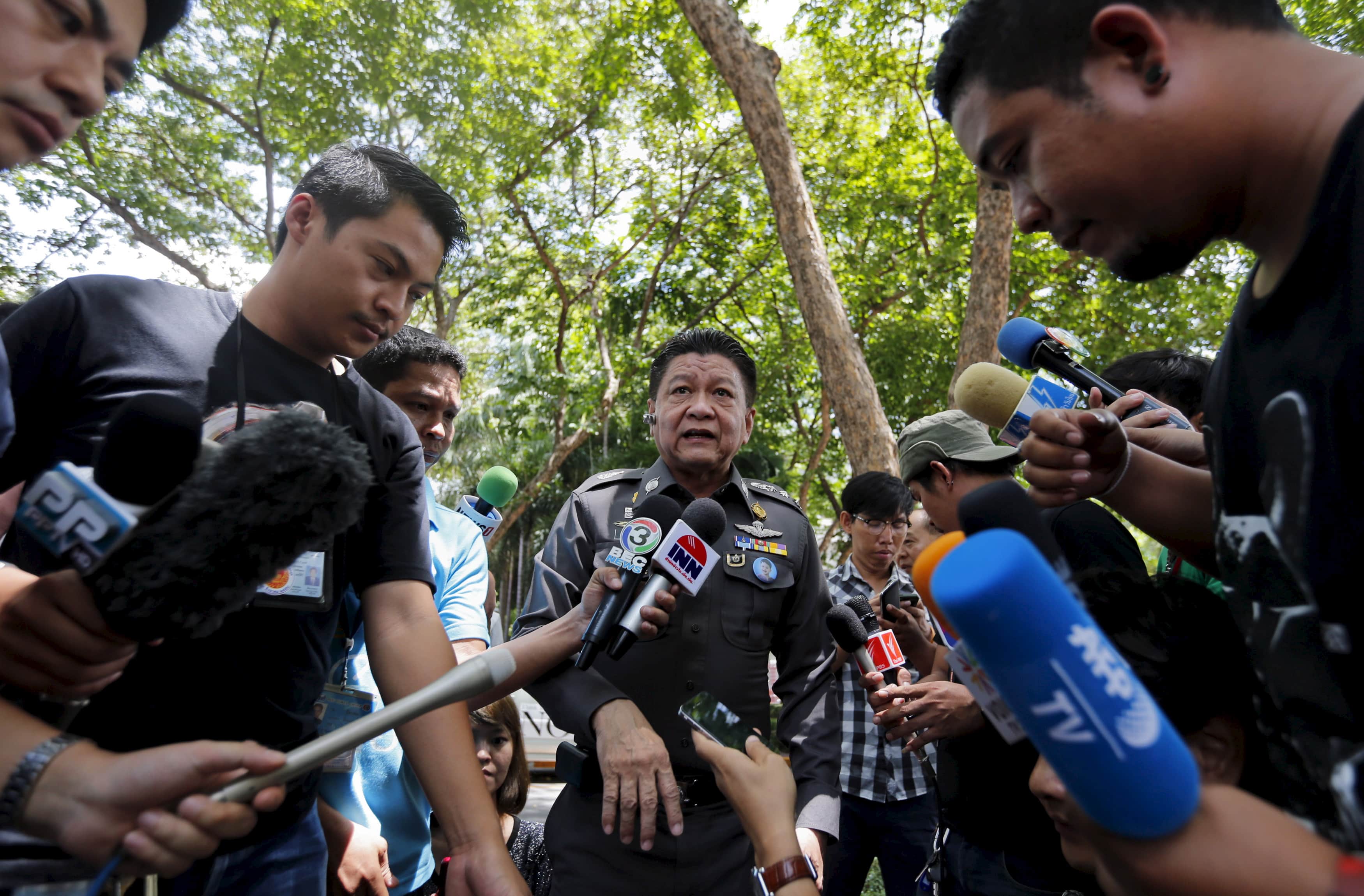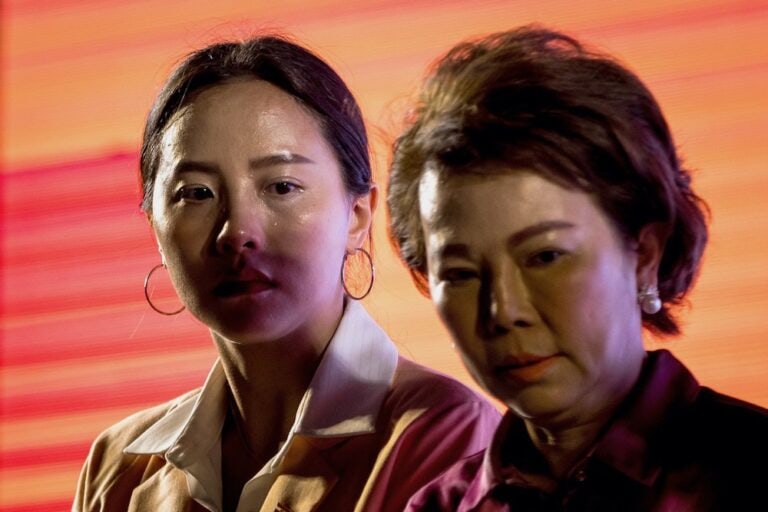A year and a half after a military coup in Thailand, RWB is releasing a report about the Thai military's skilfully orchestrated crackdown on freedom of information.
This statement was originally published on rsf.org on 12 November 2015.
A year and a half after a military coup in Thailand, Reporters Without Borders is today releasing a report about the Thai military’s skilfully orchestrated crackdown on freedom of information.
Lead by the capricious Gen. Prayut Chan-o-cha, the Thai junta has been persecuting the media for the past 18 months, imposing a reign of terror that has included interrogations, arbitrary arrests, a spate of prosecutions and barely veiled threats.
It is against this backdrop that Reporters Without Borders is publishing “Media hounded by junta since 2014 coup,” a report based on research carried out in Thailand last July.
The report highlights how the obsession of the past 18 months with restoring “peace and order” (or its use as a pretext) has suppressed freedom of information and media freedom – freedoms won at great cost during the previous decade.
The strategy of massive censorship and intimidation pursued by the military government since 22 May 2014, with its raids on media outlets and arrests of journalists, have constituted a blitzkrieg against freely reported news and information.
A similar strategy was applied to the Internet, which was immediately paralyzed after the coup by mass URL blocking and close surveillance of Internet users. Online information is now facing a new threat from a proposed “Single Internet Gateway” between Thailand and the rest of the world, a project unearthed by the junta that would enhance its censorship powers.
There have even been targeted attacks on the foreign media, regarded by Gen. Prayut as a threat to Thailand’s international image.
Not content with painstaking censorship, the junta has also enlisted the judicial system into its crackdown. The media have been paralyzed by a wave of convictions for lèse-majesté, a charge used above all to jail intellectuals, human rights defenders, bloggers and journalists.
The report also documents the two-year-old persecution of the news website Phuketwan. Reporters Without Borders representative Benjamin Ismaïl attended the trial of Phuketwan journalists Alan Morison and Chutima Sidasathian on a charge of criminally defaming the Thai Royal Navy. Their ordeal is still not over because the prosecution may decide to appeal against their September acquittal.
Finally, the report raises questions about the role of the Thai media, whose polarization between “Red Shirt” and “Yellow Shirt” supporters makes it much harder for them to act as a “fourth estate” capable of standing up to the junta and prevents the unity that would enable them to resist censorship and pressure from the various political and financial interest groups.
Thailand is ranked 134th out of 180 countries in the 2015 Reporters Without Borders press freedom index.



